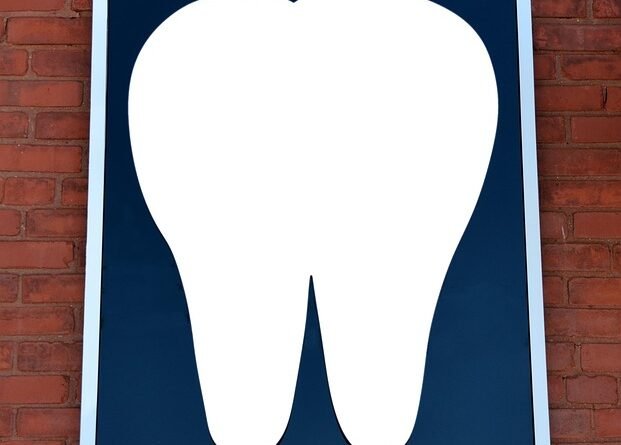Toothache Treatments: Over-the-Counter Solutions for Relief
Toothaches can be debilitating, affecting not only your ability to eat and sleep but also your overall quality of life. Whether caused by cavities, gum disease, a cracked tooth, or dental abscesses, the discomfort can be intense and persistent. While it’s essential to consult a dentist for a long-term solution, over-the-counter (OTC) medications can provide temporary relief while you wait for your appointment. Here’s a comprehensive look at the various OTC treatments available for toothache relief.
Understanding Toothaches
Before delving into treatments, it’s crucial to understand that the pain from a toothache can arise from various sources, including inflammation, infection, or injury. Symptoms may vary from dull and intermittent pain to sharp and constant discomfort. Identifying the cause is vital, as different types of tooth pain may require different treatments.
Over-the-Counter Solutions
1. Pain Relievers
Over-the-counter pain medications are often the first line of defense against toothache discomfort. Here are some effective options:
-
Acetaminophen (Tylenol): This pain reliever is effective for mild to moderate pain and can be a good option for those who may have sensitivities to nonsteroidal anti-inflammatory drugs (NSAIDs).
-
Ibuprofen (Advil, Motrin): A popular choice for toothache relief, ibuprofen not only alleviates pain but also reduces inflammation. It is generally recommended to take it in the dosage directed on the package for best results.
- Aspirin: While effective for pain, aspirin should not be placed directly on the gums or tooth, as it can cause burns to the tissue. It’s best used in standard oral doses for relief.
2. Topical Analgesics
Topical analgesics are products designed for direct application to the painful area:
-
Benzocaine (Orajel, Anbesol): This topical anesthetic numbs the area it’s applied to and can provide quick relief. It’s available in creams, gels, and liquid forms. However, it is important to follow directions to avoid toxicity, especially in young children.
- Clove Oil: Known for its natural analgesic properties, clove oil contains eugenol, which can numb the area and reduce inflammation. A small amount can be applied using a cotton ball directly onto the affected tooth or gums. Do so cautiously and avoid excessive contact, as it can lead to irritation.
3. Oral Rinses
Rinsing with certain solutions can help ease pain and inflammation:
-
Saltwater Rinse: A simple solution of warm water and salt can help cleanse the area, reduce inflammation, and provide pain relief. This is also effective for soothing sore gums and irritations.
- Hydrogen Peroxide Rinse: Diluted hydrogen peroxide can act as an antiseptic, helping to reduce bacteria in the mouth and alleviate pain. Make sure to rinse thoroughly afterward with water.
4. Cold Compress
Using a cold compress can be an effective way to manage pain and swelling associated with toothaches. Apply a cold pack wrapped in a cloth to the outside of your cheek for 15-20 minutes. The cold can numb the area and reduce swelling, providing significant relief.
5. Home Remedies
In addition to commercial products, several home remedies can also offer some relief:
-
Garlic: Known for its antibacterial properties, crushed garlic can be applied to the painful tooth for relief. While it may smell strong, its natural compounds can help reduce pain and fight infection.
- Peppermint Tea Bags: After brewing, a slightly cooled peppermint tea bag can be placed against the affected area. The menthol can provide a soothing effect.
When to See a Dentist
While OTC treatments can provide temporary relief, they address the symptoms rather than the underlying cause of a toothache. If your pain persists beyond a few days, if it worsens, or if you experience additional symptoms like swelling, fever, or difficulty swallowing, it’s vital to seek professional dental care immediately. Persistent or severe dental issues can lead to complications if not treated promptly.
Conclusion
Toothaches can be a frustrating and painful experience, but with the right over-the-counter treatments, you can gain temporary relief and manage your discomfort effectively. From pain relievers and topical analgesics to oral rinses and home remedies, various options allow you to cope with tooth pain until you can consult a dentist. Remember, ongoing dental care and good oral hygiene are essential to prevent future toothaches and maintain overall dental health.
